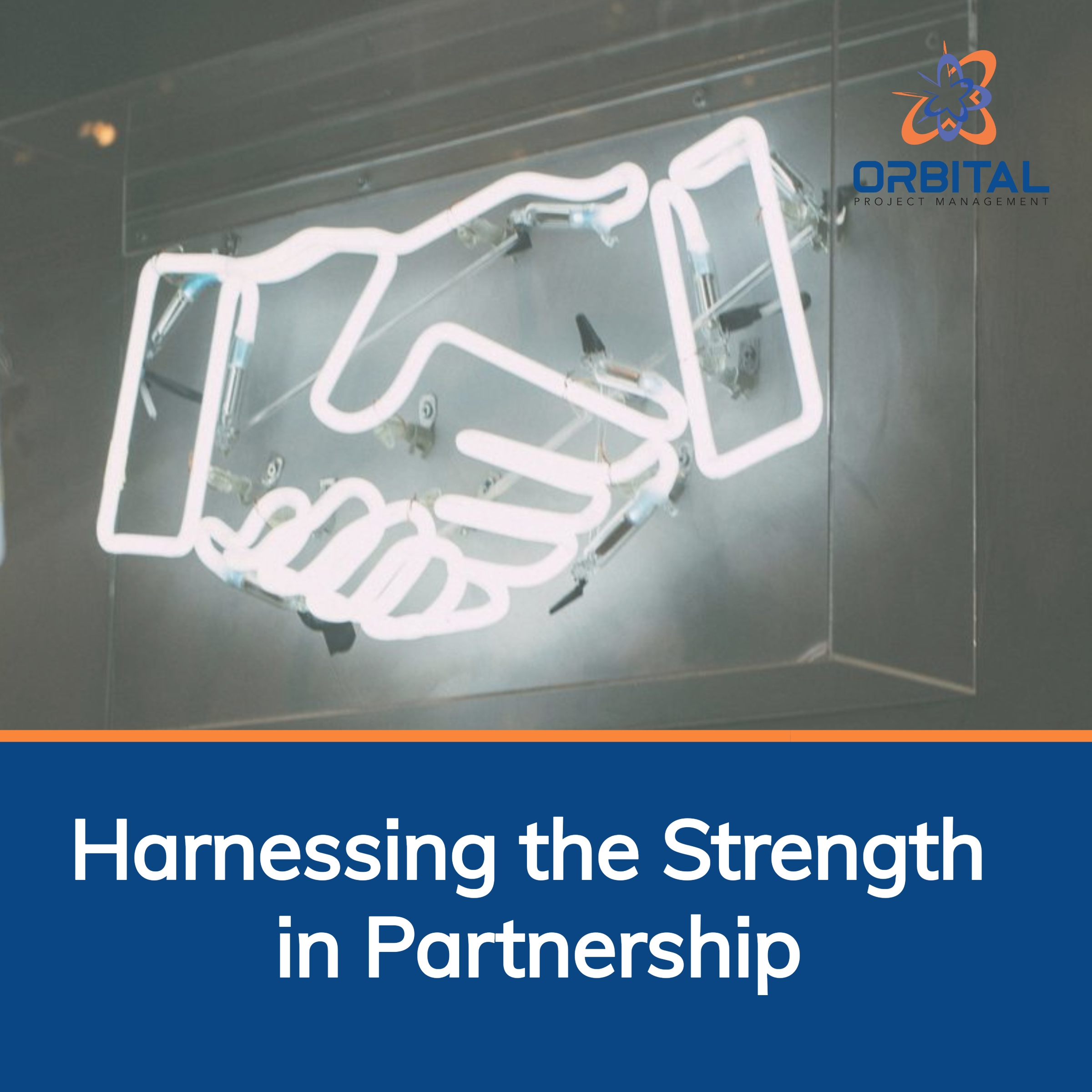The theme of this year’s SAME SBC Conference, Strength in Partnership, highlighted the advantages and benefits that come from collaborating with others. In addition to business growth and successful contract execution, partnerships play a crucial role in supporting sustainability by leveraging collective resources, knowledge, and efforts to address environmental, supply chain, and other pressing and complex challenges.
The Power of Partnership
By fostering collaboration and aligning goals, partnerships can drive significant advancements toward a more sustainable future through:
- Diverse Skills and Expertise: Partnerships enable organizations to bring varied skills and experience, enhancing problem-solving through shared knowledge and collaboration on solutions that might be too costly or complex for a single entity to tackle.
- Innovative Solutions: Diverse stakeholders bring different perspectives, which can lead to innovative approaches to sustainability issues, such as renewable energy technologies, waste reduction strategies, and other sustainable practices.
- Enhanced Credibility: Partnerships can improve credibility and reputation, as associating with reputable partners can enhance trust and confidence in your endeavors. Large primes who actively seek to engage with small businesses can mutually benefit from the highly-efficient practices developed by smaller companies who have learned to maximize resources and methods to remain viable.
- Scaling Impact: Collaborating with other small- and medium-size businesses allows them to reach a broader audience and make a larger impact. Collective efforts can amplify results more effectively than isolated actions.
- Policy Advocacy: Partnerships can strengthen advocacy efforts by presenting a united front in promoting sustainable practices and influencing policy changes at local, national, or global levels.
- Capacity Building and Shared Resources: Partnerships often involve sharing resources and best practices, helping organizations and communities build their capacity to implement sustainable methods.
- Community Engagement: Including collaboration with local communities fosters engagement and ensures that sustainability efforts are culturally relevant and meet local needs.
- Long-term Commitment: Partnerships can facilitate long-term commitments to sustainability goals, ensuring continuity and sustained efforts over time.
- Measurable Outcomes: Working together allows for the development of shared metrics to track progress, enabling stakeholders to measure impact and adjust strategies as needed.
- Risk Mitigation: Sharing responsibilities and resources can help spread out risk, making it easier to tackle challenges.
SAME SBC 2024
With 6,200 individuals in attendance, this year’s SBC conference offered endless opportunities for networking and interacting with others. From emerging microbusinesses to large primes and representatives from key government agencies, potential teaming partners were shoulder to shoulder at presentations, luncheons, and throughout the expansive exhibit hall.
Orbital Project Management is grateful for the opportunity to serve as a featured presenter in the Micro Session Theater at this year’s conference. Teaching other small businesses about best practices for tailoring capability statements to targets was our way of paying forward our own lessons learned in outreach to potential partners.
Moving Forward into 2025
Partnerships don’t happen in a vacuum. Outreach, connection, and marketing endeavors work best following adequate research and skill building. Orbital Project Management is a small business committed to exceptional services as well as helping others and the communities we serve. Looking for some inspiration and helpful information on how we have enjoyed rapid success?
Sign up below to have our monthly newsletter, The Nucleus, delivered to your inbox.






